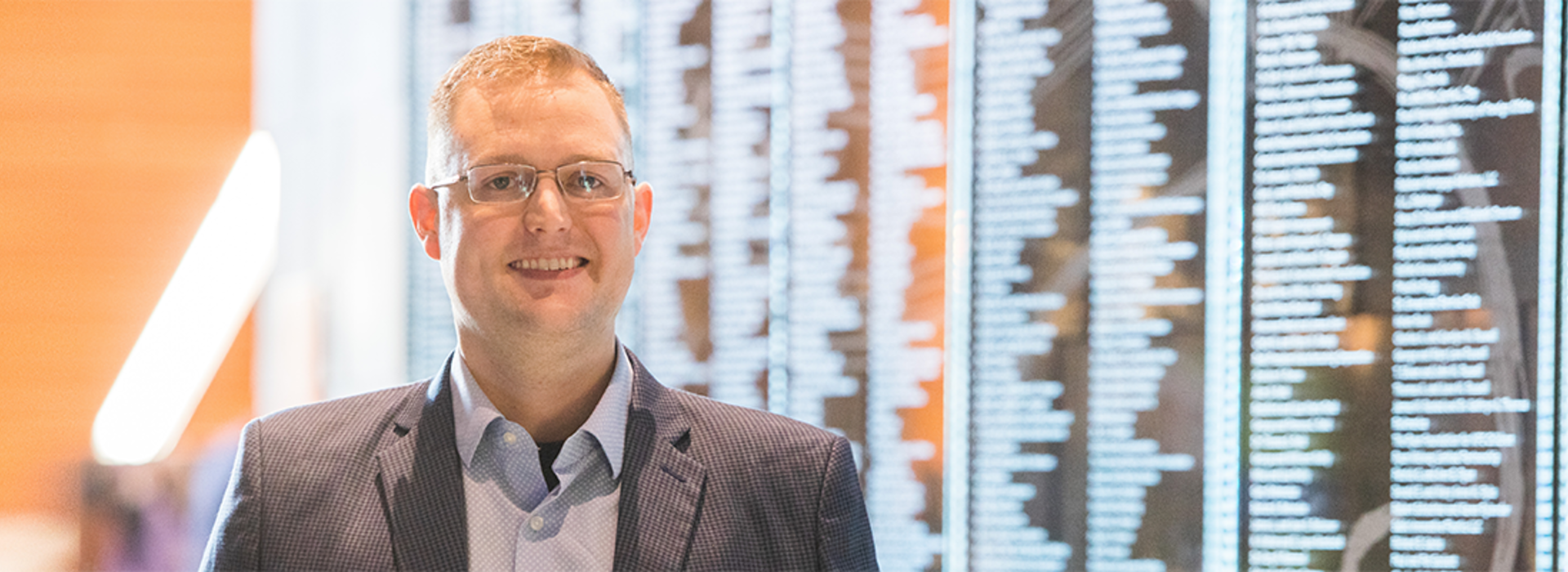
Tyler Koonst Makes the Shift from Aircraft Mechanic to Doctor
Tyler Koonst is a second-career medical student. Prior to applying to medical school, he spent eight years in the Air Force as an aircraft mechanic.
“I decided to make the transition into medicine after seeing the role of healthcare on the front lines of the military, and the downrange care that affected so many,” says Koonst.
Originally from a small town, Koonst felt the Medical School’s Duluth campus was a great fit for him.
“I knew that I wanted to practice in a smaller area. I’m from a small town, and would like to stay with the smaller communities– and Duluth was the perfect place for that, as it was their focus and emphasis,” he says.
But his path through medical school didn’t come without its challenges.
“Going from being a mechanic and working all day to studying 10-12 hours per day was difficult. When I got my bachelor’s degree, I did night school– so being a full-time student was never something that I was really able to perfect,” says Koonst.
That being said, he still feels that it’s important to have a life outside of medical school.
“I think it’s important that you don’t forget to keep living your life. It’s so easy to get wrapped up in trying to obtain the next goal, that oftentimes you forget to take a breath and live life,” he says.
Koonst is interested in pre-hospital care, or first contact with the patient in an emergency setting; including the transportation and initial stabilization of them as they are transported to a care facility.
“In emergency medicine, you're seeing people on what is potentially one of the worst days of their life. And for you, it’s just another day. Being able to take part in that aspect of people’s lives and hopefully make a horrible situation a little bit better, is extremely inspirational,” he says.
In five years, Koonst hopes to have completed a residency in emergency medicine, and be practicing in a rural community in southwest Minnesota.
“I’m just looking forward to having the next couple of years no longer in limbo. I have a wife and kids, and I just want to be able to celebrate match day with them and be able to start planning the next couple of years,” he says.
Koonst feels that match day is just as important, if not more important than graduation.
“So this is really probably, in my opinion, the most important day of our careers thus far, and that’s going to set the trajectory for the remainder of your medical career,” he says.